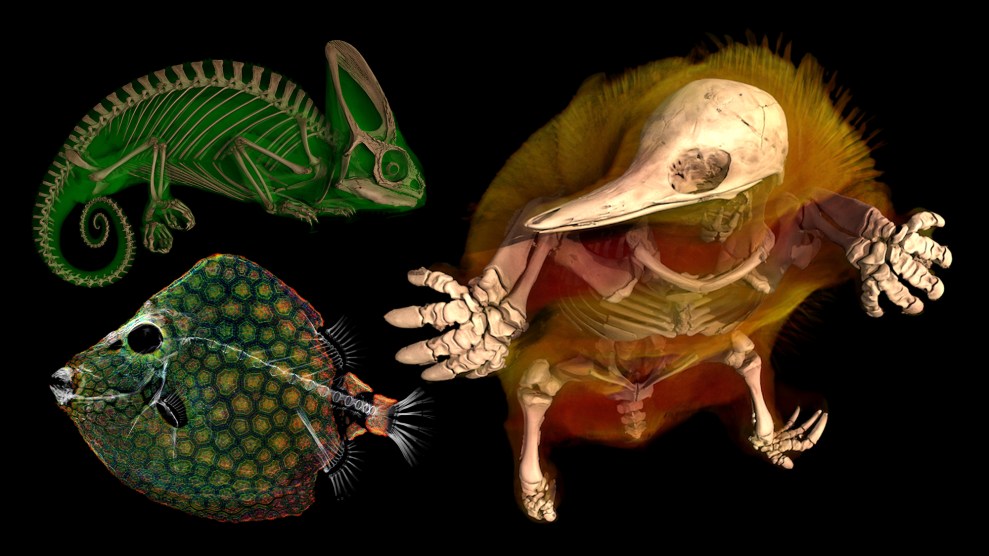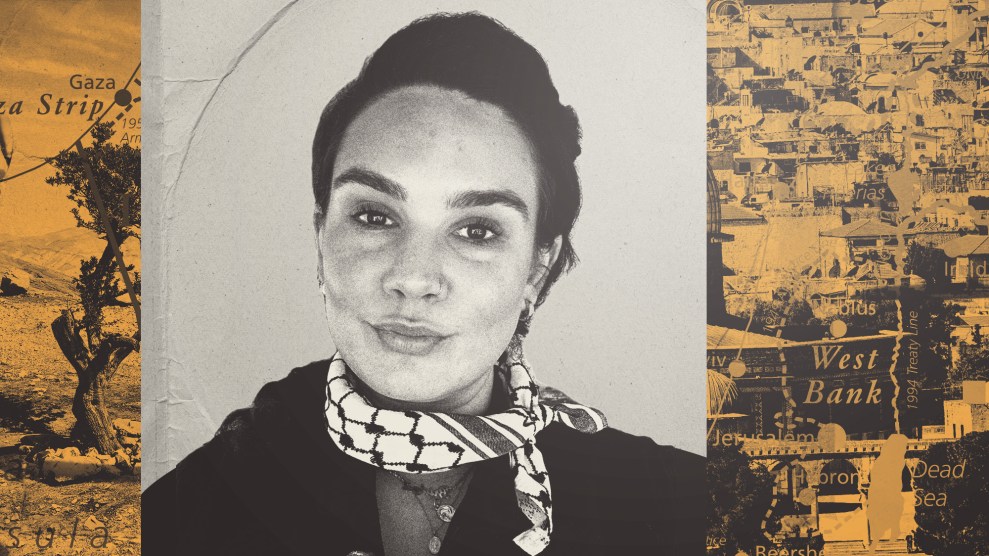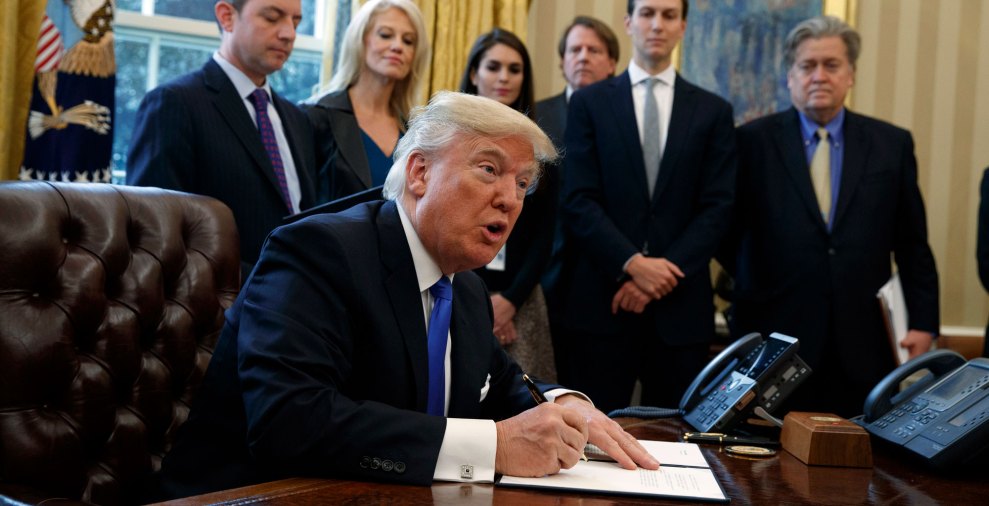
Politics and big business usually go hand in hand, and as the freshman congressman from Las Vegas, John Ensign (R-Nev.) represents a truly big business.
As an industry, casino gambling pulled in $470 billion in wagers last year, an increase of 15 percent over 1994 and roughly 20 times what Americans spent on movies, sporting events, concerts, and theme parks combined. Nevada alone accounts for half of all casino betting in the country.
Ensign’s ties to gambling go beyond politics. His father, Michael S. Ensign, is a former casino owner and current vice chairman of Circus Circus Enterprises, one of the nation’s largest hotel and casino empires. The younger Ensign even managed two of his father’s casinos before they were sold to Circus Circus.
So it was a sure bet Ensign would be a major player on the Hill. It didn’t take him long to hit the jackpot: a seat on the House Ways and Means Committee. As Ensign faces re-election, the money is rolling in. According to FEC records, he has topped all other House freshmen in 1995-96 so far, raising more than $319,000 from PACs. Add another $454,000 from wealthy individuals, and, with other monies, by July 2 of this year, Ensign had reported raising $819,654.
Jon Ralston, who publishes “The Ralston Report,” a biweekly newsletter on Nevada politics, estimates Ensign will raise about $1.5 million to defend his seat this year, a fifth of which may come from the gambling industry.
Ensign represents these donors well. This year he strongly opposed a bill to create a national commission to investigate gambling, and last year he backed an amendment to levy corporate income taxes against Indian casinos, traditionally the gaming companies’ biggest rivals.
Bob Coffin, Ensign’s Democratic opponent this November, intends to make Ensign’s PAC money a campaign issue. He also claims that several Las Vegas contractors have told him they can’t donate to his campaign, for fear Circus Circus might use its economic clout against them.
Says Coffin, “[Ensign’s] family has a lot of power in this town, and they’re putting a lot of pressure on people.”















